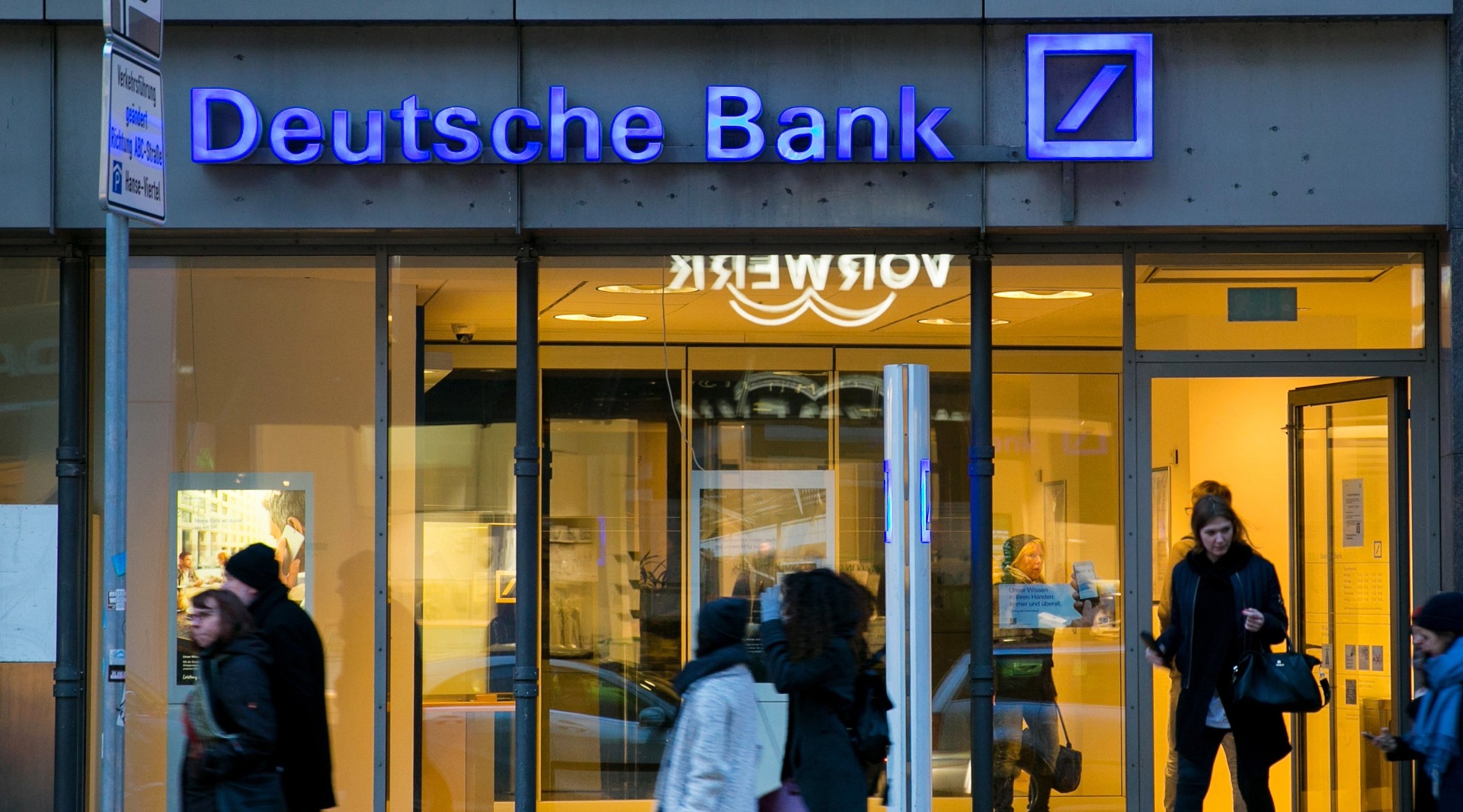The German financial regulator, BaFin, announced on Wednesday that it has imposed an administrative penalty of €8.66 million (around $10 million) on Deutsche Bank AG.
The regulator alleged that Deutsche Bank failed to implement effective controls related to the Euro Interbank Offered Rate (EURIBOR), which is a benchmark used by the financial industry.
“As a supervised contributor to EURIBOR, the bank at times did not have in place effective preventive systems, controls and policies,” the official announcement of the regulator stated.
Pointing out the importance of its regulations, BaFin said that it is there to ensure valid benchmarks and prevent manipulation.
“It requires contributors to have in place effective systems and controls. Contributors are natural or legal persons who contribute data for determining benchmarks. In the European Union, the Euro Interbank Offered Rate (EURIBOR) is used as benchmark, for example,” BaFin added.
Any breaches of the benchmark regulations can lead to a fine of up to ten percent of the total turnover.
Accepting the Order
Though Deutsche Bank had the option to appeal against the regulatory fine, it accepted BaFin’s order. Further, the lender implemented measures to strengthen its controls around the benchmark, according to Reuters.
“Deutsche Bank has no indication that the fined issue led to incorrect submissions to the benchmark administrator,” the bank said in a statement.
However, the latest regulatory action is another massive blow to the reputation of the German banking giant. It has faced several regulatory and legal investigations over the past decade and was ordered by BaFin last April to strengthen its money-laundering prevention measures.
Meanwhile, a few British banks have faced astronomical fines recently, mostly for their anti-money laundering failures. NatWest faced a £265 million fine, while HSBC was slapped with a £64 million monetary penalty. BaFin itself fined the Vanguard Group €290,000 for regulatory reporting lapses.

















